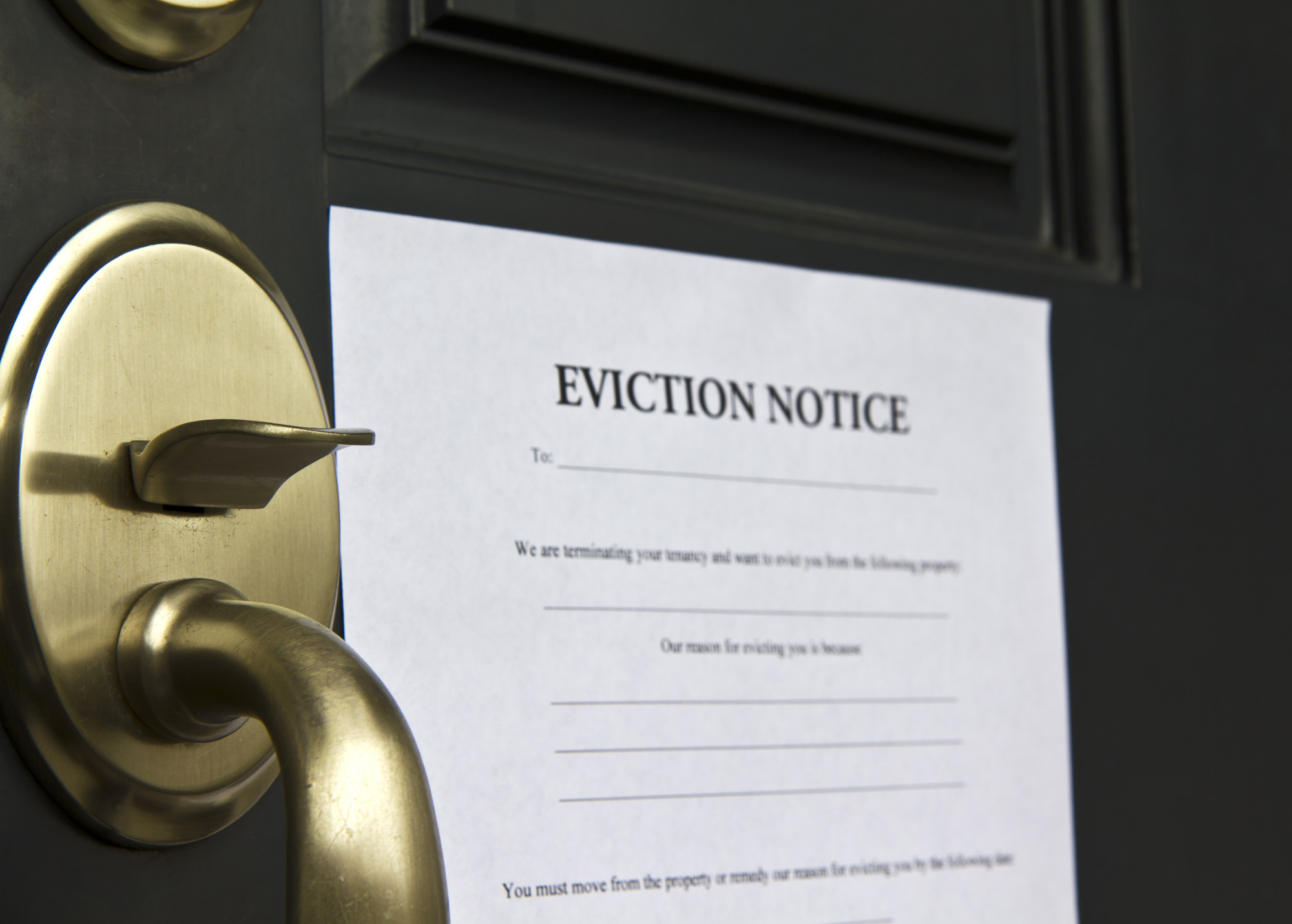Evictions are one of the toughest things landlords have to handle.
No property owner ever decides to invest in real estate so that they can evict their tenants. At certain points, however, your hand is forced and you have to go through the eviction process to eradicate a problem tenant from your property.
If you've got a bad tenant, but you're dreading the eviction process, then this post is for you. Today, we're going to tell you how to evict a tenant so that you can put this scenario behind you and find a tenant deserving of your property.
Grasping Eviction Laws
When you start entertaining the idea of evicting your problematic tenant, the first thing to do is take a look at your state's landlord-tenant laws. Most places have the same general laws pertaining to evictions - if a tenant damages property or fails to pay rent, they can be evicted.
The differences usually lay in the amount of notice you give for an eviction. In California, for example, rent is considered late after the day it's due. You can then proceed with a 3-day cure or quit notice, upon which the tenant will have to pay or vacate the property.
Reason with Your Tenant
The best piece of landlord advice that we can give is to maintain a level of cordiality with your tenants. Even if they've been disrespectful to the rental agreement and your property, try to reason with them before you resort to eviction.
If they're repeatedly missing rent, issue a final warning and make sure they understand the consequences. If it's damaged property, offer them the chance to fix or replace it.
Providing Notice for Evictions
Should the delinquent behavior continue, then you can proceed with the eviction process. The most common way to do this is to issue an eviction - either a cure or quit notice or unconditional quit notice.
A cure or quit notice gives the tenant a chance to rectify the situation within a certain time period. An unconditional quit notice is definitive and only used when there's no more room for negotiation.
If your tenant fails to abide by the eviction notice, you take a copy to the local court and file your eviction.
If You End Up In Evictions Court...
Most evictions cases, if properly presented, go through the court system fairly quickly. Make sure that you have any and all documentation that will support your eviction - emails, proof of late rent, pictures of damaged property, etc.
If your eviction is approved, the tenant will be forced to leave by a date set by the court. Should they ignore this notice, law enforcement will get involved.
The Role of Property Managers
Evictions can be a lengthy and exhausting experience. There is a way to remove yourself from the process entirely - hiring a property manager.
Full-service property managers can do everything from maintaining your rental property to advertising it and finding tenants. In those scenarios where evictions are necessary, they'll handle the entire process from start to finish. You won't have to stress over it at all.
If this is something that interests you for your San Diego rental property, book a consultation with us at Realty Management Group today.







